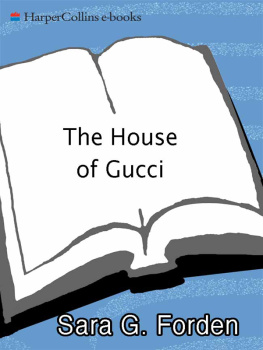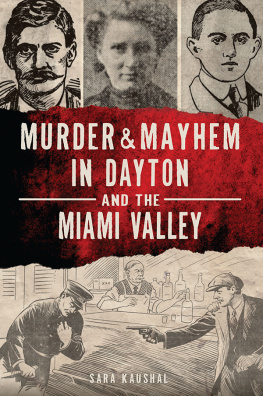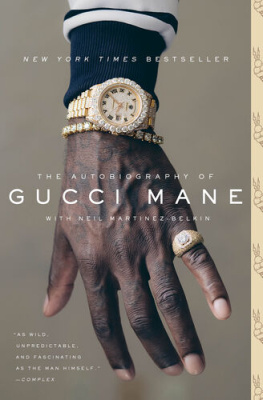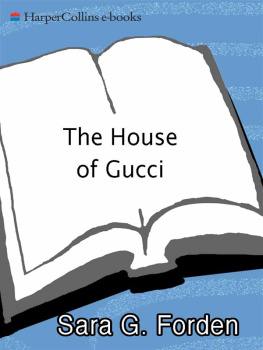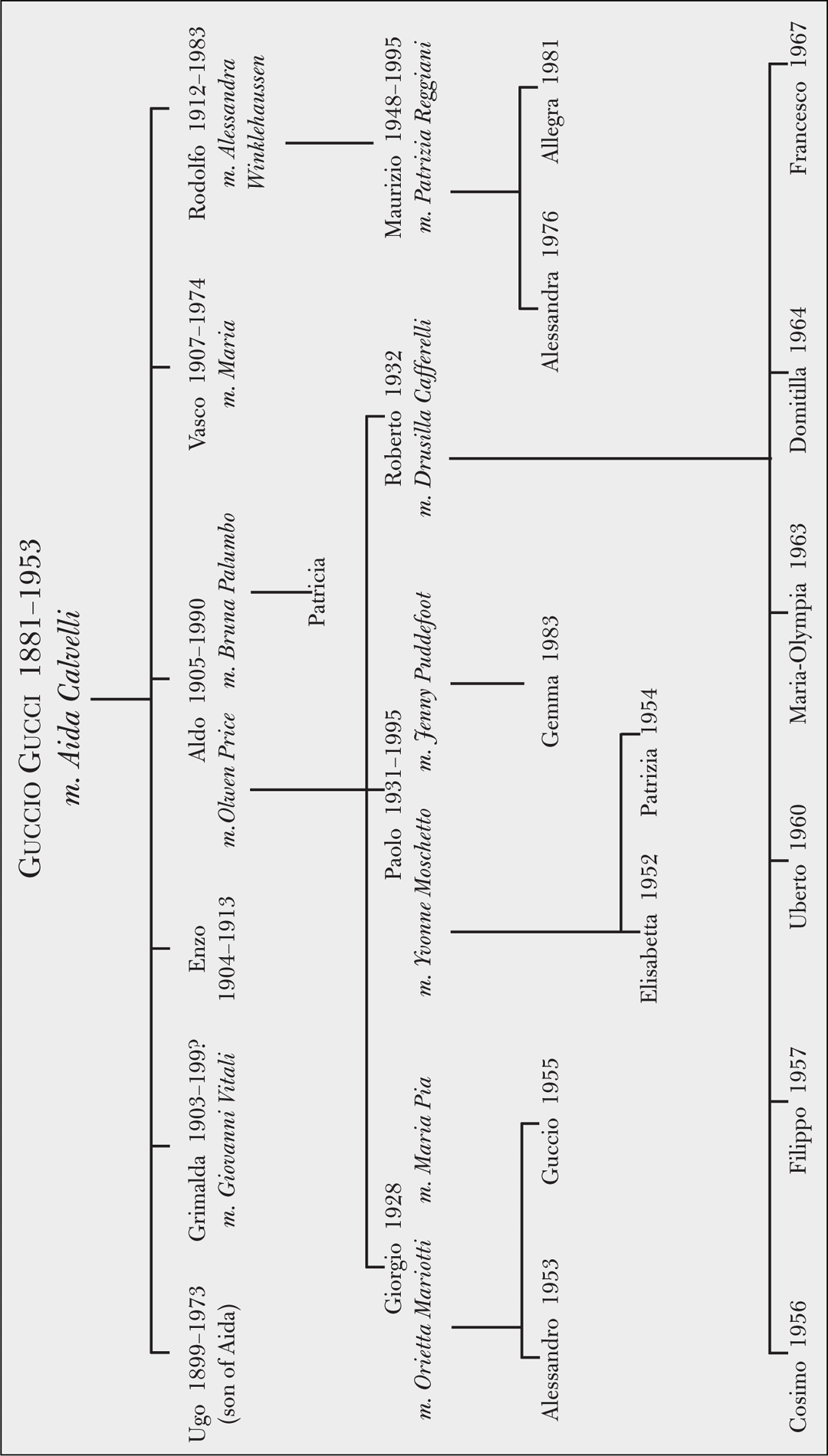A t 8:30 A.M . on Monday, March 27, 1995, Giuseppe Onorato was sweeping up the leaves that had blown into the entryway of the building where he worked. He had arrived at eight oclock that morning, as he did every weekday, his first task being to swing open the two great wooden doors of the building at Via Palestro 20. The four-story Renaissance-style building housed apartments and offices and stood in one of the most elegant neighborhoods in Milan. Across the street, amid tall cedars and poplars, stretched the clipped lawns and winding paths of the Giardini Pubblici, an oasis of foliage and serenity in a smoggy, fast-paced city.
Over the weekend, a warm wind had blown through the city, clearing the ever-present cap of smog and blowing the last dried leaves from the trees. Onorato had found his entryway littered with leaves that morning and hurried to sweep them up before people started coming in and out of the building. His military training had instilled in him a strong sense of order and duty, although it hadnt broken his spirit. Fifty-one years old, he was always neatly dressed and impeccably groomed, his white mustache perfectly trimmed, his remaining hair clipped close. A Sicilian from the town of Casteldaccia, he had come north like so many others looking for work and a new life. Following his retirement from the army in 1980 after fourteen years as a noncommissioned officer, Onorato had decided to settle in Milan, where he worked for several years at various odd jobs. He took the doormans post on Via Palestro in 1989, traveling back and forth on a small motor scooter from the apartment where he lived with his wife in the northwest section of the city. A gentle man with clear blue eyes and a sweet, shy smile, Onorato kept the entryway immaculate. The six highly polished, red granite steps that rose immediately inside the massive front doorway, the sparkling glass doors at the top of the steps, and the shiny stone floors of the foyer reflected his efforts. At the back of the foyer, Onorato had a small glassed-in cubicle made of wood with a table and chair, but he rarely sat there, preferring to keep busy with his chores. Onorato had never quite felt at ease in Milan, which had offered him work but little else. He was sensitive to the bias many northern Italians have against meridionali, or people from the south, and it took little more than a glance to make him bristle. He never talked back and he obeyed his superiors as he had learned to do in the army, but he refused to bow his head.
I am just as worthy as the next man, Onorato would think, even if he is rich or from an important family.
Onorato glanced up as he swept and noticed a man across the street. Onorato had seen the man immediately that morning upon opening the two great doors. The man had been standing behind a small green car parked perpendicular to the street with its nose facing the Giardini Pubblici, away from Onoratos building. Usually cars lined the curbs of Via Palestro, one of the few streets in downtown Milan that still had free parking. The cars parked at an angle, facing the curb. It was early, and the car was still alone. The license plate caught Onoratos eye because it was hanging so low it almost touched the ground. Onorato wondered what business the man had at that hour. Clean shaven and well dressed, the man was wearing a light brown overcoat. He kept looking down the street toward Corso Venezia as though expecting someone. Absently stroking his own balding crown, Onorato noticed with some envy that the man had a full head of dark, wavy hair.
Ever since a bomb had gone off up the street in July of 1993, he had kept his eyes open. With a blast that shook the city, a car packed with dynamite had exploded, killing five people and destroying the Padiglione dArte Contemporanea, the modern art museum, which collapsed in a rubble of cement, steel girders, and dust. That same evening, another bomb had exploded in Rome, damaging San Giorgio Velabro, a church in the citys historic center. The bombs were later linked to an earlier explosion in Florence on Via dei Georgofili that also killed five people, wounded thirty, and destroyed dozens of pieces of artwork that were stored in the building above the explosion. The bombings were later traced to a Sicilian mafia boss, Salvatore Toto Riina, who had been arrested earlier that year for the 1992 murder of Italys top mafia prosecutor, Giovanni Falcone. Riina had ordered the bombings of some of Italys most precious cultural monuments in retaliation for his arrest. He was later convicted for both the Falcone murder and the bombings and is currently serving two life sentences. The DIGOS, Italys political police, which has a specific mandate to move against acts of terrorism, had interviewed all the portinai, or doormen, in the Via Palestro neighborhood. Onorato had told them hed seen a suspicious-looking camper parked near one of the gates to the park that day. From then on, he made little notes on a pad he kept in his cubicle to record anything he saw that seemed unusual.
We are the eyes and ears of this neighborhood, Onorato explained to one of his army buddies who often stopped by for coffee. We know who comes and goes and its part of our job to observe.
Onorato turned and pulled the right-hand door toward him in order to sweep the last few leaves out from behind it. Stepping behind the door, leaving it half-closed, he heard quick footsteps on the stairs and a familiar voice call out to him: Buongiorno!
Onorato turned to see Maurizio Gucci, who had offices upstairs on the first floor, sprinting up the entry stairs with his usual energy, his camel coat swinging.
Buongiorno, Dottore, Onorato replied with a smile, lifting a hand in greeting.
Onorato knew Maurizio Gucci was a member of the famous Gucci family of Florence that had founded the luxury goods firm of the same name. In Italy, the Gucci name had always been associated with elegance and style. Italians were proud of their creativity and artisan traditions and Gucci was one of those names, along with Ferragamo and Bulgari, that symbolized quality and craftsmanship. Italy had also produced some of the worlds greatest designers, such as Giorgio Armani and Gianni Versace, but Gucci was a name that went back generations, before the designers had even been born. Maurizio Gucci had been the last of the Guccis to run the family firm before selling it two years earlier to his financial partners who that spring had begun to study a plan to take Gucci public. Maurizio, no longer involved in any aspect of his family business, had opened his own offices on Via Palestro in the spring of 1994.
Gucci lived just around the corner in a stately palazzo on Corso Venezia, and walked to work every morning, usually arriving between 8:00 and 8:30. On some days, he let himself in with his own key and was already upstairs even before Onorato swung open the heavy wooden doors.
Onorato often wondered wistfully what it would be like to be in Guccis shoes. He was a rich, attractive young man with a beautiful girlfriend who was tall, thin, and blond. She had helped Gucci furnish his offices upstairs on the first floor, as the second floor is called in Europe, with exotic Chinese antiques, elegantly upholstered sofas and armchairs, richly colored draperies, and valuable paintings. She frequently came to meet Gucci for lunch, dressed in her Chanel suits, her mane of blond hair perfectly coifed. To Onorato, they seemed a perfect couple with a perfect life.

